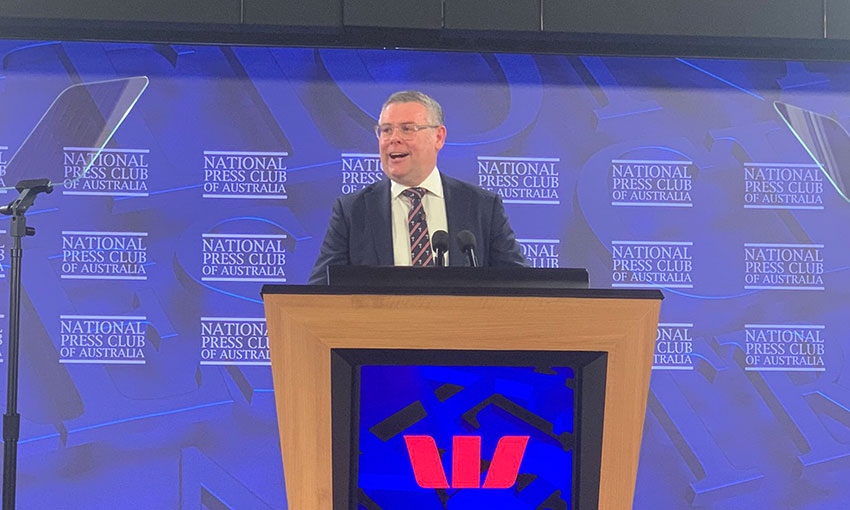MINISTER for agriculture, fisheries and forestry Murray Watt announced the release of the National Biosecurity Strategy Tuesday (9 August).
The strategy iterates more than 30 initial actions across six priority areas that the government said it developed with stakeholders. In the strategy, the government said its next steps include identifying initial actions that could be implemented immediately.
Mr Watt said the strategy would provide clear direction to ensure our system remains fit to meet the challenges of the next decade and beyond.
“The management of Australia’s biosecurity system is becoming increasingly complex, creating new challenges for governments, industry and community stakeholders in protecting our agricultural sector,” Mr Watt said.
“Strong and efficient biosecurity is even more important as we respond to emerging challenges including diseases on our doorstep including Foot and Mouth Disease, African Swine Fever, Lumpy Skin Disease and Xylella.”
Mr Watt said this strategy had been under development for more than a year.
“The strategy provides a new strategic direction for Australia’s biosecurity system to 2030 and beyond,” he said.
“It joins together governments with industry stakeholders as we look to secure Australia’s primary industries well into the future. By aligning all the key players, we can ensure everyone works together to counter the biosecurity threats we face.”
Freight and Trade Alliance head of border and biosecurity Sal Milici said it was a privilege to be a reference group member of the National Biosecurity Strategy.
“We look forward to playing our part in implementing the priority areas of the strategy to ensure Australia’s biosecurity regime is strengthened with an important focus on also expediting the facilitation of international trade,” Mr Milici said.
“These cannot be mutually exclusive.”
National Farmers Federation President Fiona Simson said the National Biosecurity Strategy was an important framework to ensure that all parts of our system are best placed to protect Australia from an increasingly complex risk environment.
“A co-ordinated, well-resourced, and innovative biosecurity system is fundamental to the success of our agricultural industries, and in supporting the goal of becoming a $100 billion sector by 2030,” Ms Simson said.
Invasive Species Council CEO Andrew Cox said this was the first time that Australia would have a strategy that sets a direction for our national biosecurity system.
“It is a strategy that will help us protect the many things we value as Australians. I encourage all Australians to find ways they can support it,” Mr Cox said.
“The spirit of collaboration that helped create this strategy will be a fundamental element of the modern biosecurity system that will help us withstand the growing challenges that we will all face this decade.”





